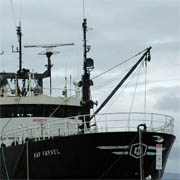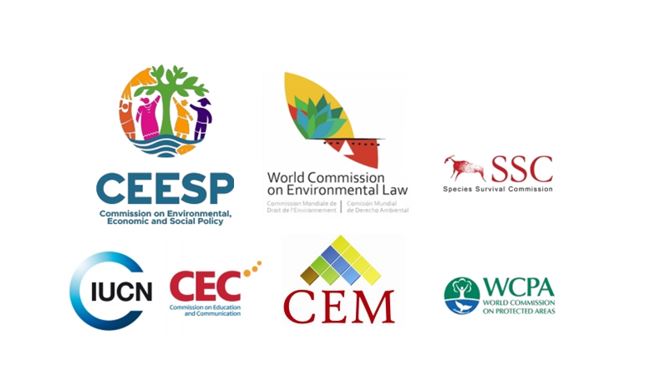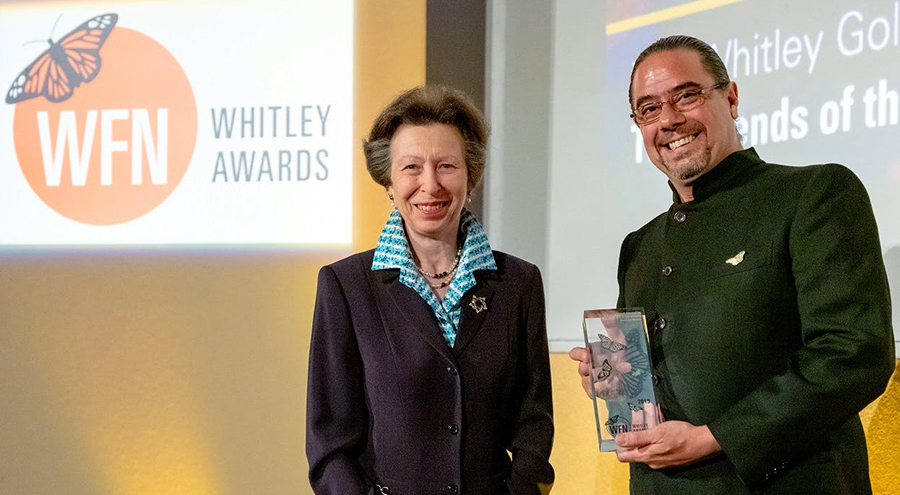Managing deep-seas fisheries: Challenges and opportunities
During a meeting held recently at the United Nations in New York, IUCN and The Nature Conservancy provided information on policy recommendations on how to improve the management of deep-sea fisheries and ecosystems. The recommendations were developed following a workshop jointly organized by TNC and IUCN.

Photo: Imène Meliane
Whilst acknowledging that considerable progress has been made by States and Regional Fisheries Management Organisations (RFMOs) on deep sea fisheries management, including areas closures and the creation of new regional management structures, full implementation of existing agreements and greater compliance still needs to be ensured.
To overcome some of the challenges faced by States and RFMOs in complying with existing agreements, the participants' recommendations included: greater sharing of deep-sea fisheries data, better guidance on undertaking risk assessments, elimination of subsidies that generate overcapacity, and tighter thresholds to minimise bycatch and protect key ecosystems.
Fishing is often undertaken without proper catch limits and enforcement of obligations. Deep-sea fishing in the high seas is carried out by relatively few vessels from a small number of countries and contributes only marginally to global marine capture fisheries. However, this deep-sea fishery, if not properly managed, has the potential to decimate unique species and ecosystems that the international community has only just started to discover. Ensuring the sustainability of deep sea fisheries is still feasible, and would only require a fraction of the efforts needed to fix other fisheries. It simply requires a strong political will.
“It is urgent to deal with fisheries subsidies. States should urgently put in place regulations to remove all incentives that result in excess capacity of fishing fleets, ineffective distortions of socio-economic systems, and economic policies that exacerbate threats to the sustainability of deep water resources”, said Harlan Cohen of IUCN’s Global Marine Programme. "Where there is no management, there should be no fishing”.
While deep sea fisheries face challenges related to the lack of knowledge about deep sea species and ecosystems, many of the management issues actually relate to a lack of implementation of general fishery governance and management principles. “Fishing should not be allowed in areas where data are not collected or shared”, said Imène Meliane, Director of International Marine Policy at the Nature Conservancy.
"An international programme to contribute fisheries-related data and information to a common database would greatly assist States and Fisheries organizations in the identification and location of vulnerable marine ecosystems,” said Carmen Revenga, leader of the sustainable fisheries strategy at The Nature Conservancy.
For more information contact:
James Oliver, IUCN Global Marine and Polar Programme: james.oliver@iucn.org



